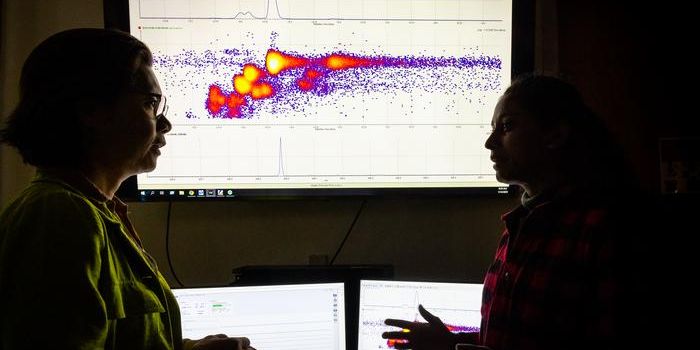Tree Rings Tell the Story of Unprecedented Climate in Asia
New research published in the journal Science China Earth Sciences has found that seasonal temperature difference in East Asia has weakened since the early 1870s, a fact that researchers credit to anthropogenic forces.
By studying tree-ring chronologies, the research team from Northwest Institute of Eco-Environment and Resources (NIEER) of the Chinese Academy of Sciences (CAS) reconstructed winter and summer temperatures in East Asia from 1376–1995 CE. They then compared the seasonal temperature reconstructions with model simulations.
The research found a warming trend since the mid-nineteenth century, with sustained, significant (p<0.1) warming in the summer beginning around 1830 CE, and sustained winter warming beginning around 1857 CE.
Seasonal temperature difference, also called temperature annual cycle or temperature seasonality, measures the summer temperature minus the winter temperature. This measurement is a dominant feature of many climate systems, with important social and biological implications.
The researchers found a reduced seasonal temperature difference in the tree rings that they observed, with “an exceptional weakening of the temperature annual cycle in the post-1990 period in a six century-long perspective” (Wang et al, 2023).
They also found evidence of cooling during winter caused by volcanic eruptions, as well as an earlier than expected onset of summer warming when compared to the model simulations.
The use of discrete tree-ring chronologies through dendrochronology provides additional insight into seasonal temperature differences of the past, beyond the limited historical temperature data on the conventional record.
The results suggest that modern climate warming in East Asia “has already put the current temperatures outside the range of the natural climate variability at least since the end of 14th century” (Wang et al, 2023).
"Our study implies a further weakening of seasonal temperature difference in the future as a result of ongoing anthropogenic warming," said Prof. Wang Jianglin, lead author of the study. "This may have important social and ecological implications, e.g., plant phenology and the transmission of seasonal diseases."
Sources: Science China Earth Sciences, Phys.org, Dendrochronologia








